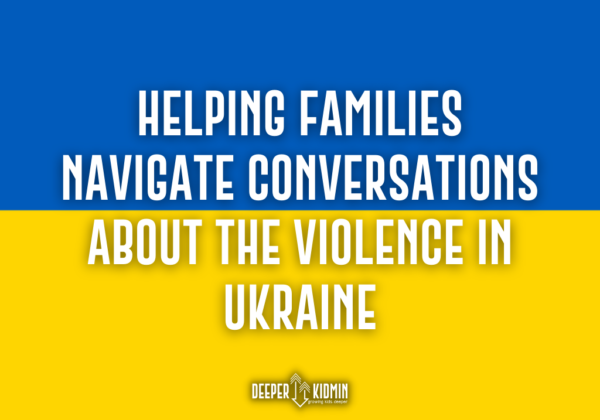
Last year, the Lent season began around the 1-year-anniversary of the onset of a global pandemic.
This year, the Lent season begins alongside an eruption of violence and chaos in the country of Ukraine that has ripple effects worldwide.
Both situations (and all of the others that have happened in between) pull us out of our normal routines and force us to look both inward and outward. Janel Cubbage, a psychotherapist and Bloomberg Fellow with Johns Hopkins, recently tweeted:
Respectfully, after the last two years I think we’re beyond the “is anyone else having trouble concentrating with everything going on” phase and need to be asking why we’re upholding a culture that expects us to carry on business as usual.
Lent is historically a season to focus on suffering, confession, fasting, and prayer. It’s a season when we’re supposed to stop, reflect, process, and grieve. A season of intentionally NOT carrying on business as usual.
Lent often brings into sharp focus the reality of suffering, and we’re seeing some of the deepest examples of suffering played out before us. This suffering leads me toward lament, our soul’s ugly cry as we wrestle with God’s promises in contrast to our current realities.
The interesting thing about lamenting is that it positions seemingly contradictory feelings shoulder to shoulder. It allows us to step all the way into our feelings and thoughts so we can wrestle with the grief caused by this situation and allow our hearts to ache for the people of Ukraine. But lament also brings us to a posture of surrender and hope, recognizing our human sinfulness and need for a Savior so that we can more fully rest in God’s grace. I’m reminded of something Michayla White (President of INCM) said at the Children’s Pastor’s Conference in January: “We can hold kleenex and confetti at the same time.”
Brokenness and kindness. Fear and boldness. Grief and hope. Those are the feelings I’m seeing and experiencing as I watch and pray for Ukraine. Those are the feelings I’m trying to help friends and kids navigate as conversations happen at home, at school, and at church. With my 2-year-old, we’ve been talking about praying for a country called Ukraine, asking God for peace there, and praying for kids and families who are scared.
I don’t have all the answers. Most of the time, I don’t even have words. Just a guttural response of lament that overflows into a deep reminder of our need for Jesus and the hope only He can bring.
In my praying, researching, reading, and conversations, I’ve been encouraged by these articles and resources that can help families navigate Biblical conversations about the violence in Ukraine. My prayer is that they encourage you too.
- Helping Children Pray for Ukraine from Ministry Ark
- A Colorful, Kid-friendly poster to remind kids to pray for Ukraine from We Are KidMin
- Guiding Children to Jesus in Times of War from Michayla White at INCM
- Talking about the War in Ukraine from Real Kids, Real Faith
- How to Talk to Kids About Ukraine from the New York Times
- 5 Ways to Support Your Kids During Scary Times from Parent Cue
- How to Talk to Kids About the Ukraine Invasion from PBS
- Lord, Hear our Prayers for Ukraine from Awana

Leave a comment
You must be logged in to post a comment.